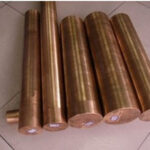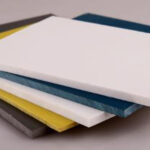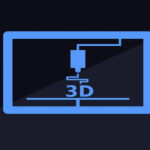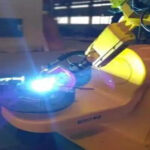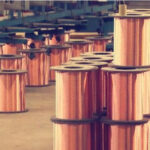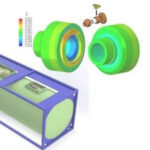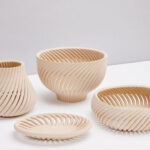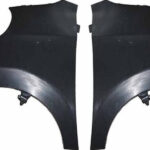Die casting machines are divided into two categories: hot press chamber die casting machines and cold press chamber die casting machines. The cold press chamber die casting machine is divided into horizontal and vertical two types according to the structure and layout of the press chamber.
The clamping mechanism of the hot press chamber die casting machine and the cold press chamber die casting machine is the same, and the difference lies in the injection and pouring mechanisms. The pressure chamber of the hot pressure chamber die-casting machine and the furnace are tightly connected as a whole, while the pressure chamber of the cold pressure chamber die-casting machine and the furnace are separated.
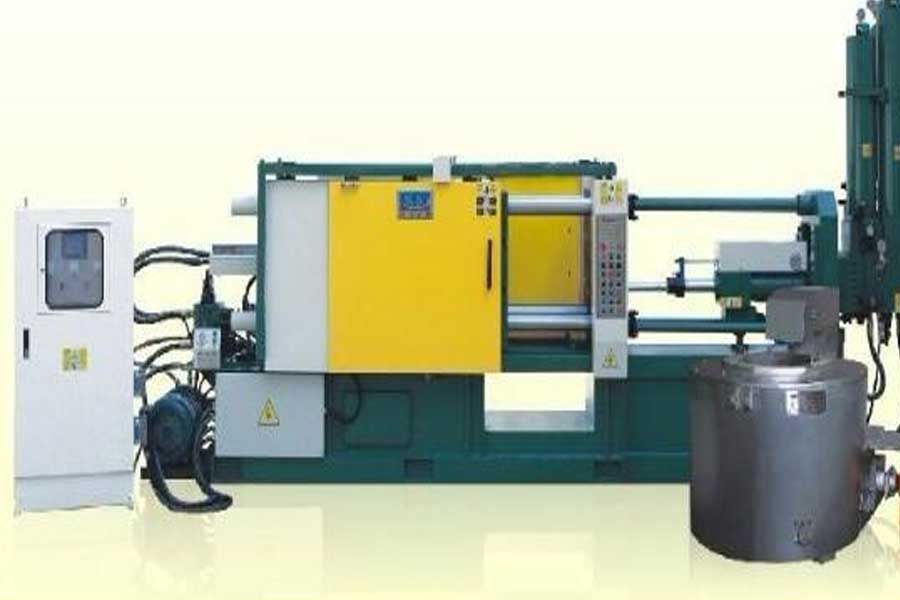
The structure of the die-casting machine:
Table of Contents
1. Mold clamping mechanism
Drive the die-casting mold to close and open. When the mold is closed, it has enough ability to lock the mold tightly to ensure that the mold parting surface will not expand during the injection filling process. The force to lock the mold is called the clamping force (also known as the closing force), the unit is kilonewton (kN), which is the primary parameter that characterizes the size of the die-casting machine.
2. Injection mechanism
Push the molten metal in the pressure chamber at the specified speed, and have enough energy to flow it through the runner and inner gate in the mold, and then fill it into the mold cavity, and then maintain a certain pressure to transmit to the solidifying molten metal. Until the die casting is formed. After the injection action is completed, the injection punch returns to reset.
3. Hydraulic system
Provide enough power and energy for the operation of the die casting machine.
4. Electrical control system
Control the execution of each mechanism of the die-casting machine to run according to a predetermined program.
5. Parts and base
All parts are assembled and assembled to form the whole die-casting machine and are fixed on the machine base.
6. Other advanced die-casting machines are equipped with parameter detection, fault alarm, die-casting process monitoring, computer-aided production information storage, calling, printing and management systems.
7. Auxiliary device
According to the degree of automation, it is equipped with devices such as pouring, spraying and picking.
Selection principle of die casting machine:
(1) Understand the types and characteristics of die casting machines;
(2) Consider the alloy types of die castings and related requirements;
(3) The selected die-casting machine should meet the operating conditions and technical requirements of die-casting parts;
(4) The selected die-casting machine should have a certain margin in terms of performance, parameters, efficiency and safety to ensure satisfactory yield, productivity and safety;
(5) Under the premise of ensuring the fourth point, the reliability and stability of the machine should also be considered, and a die-casting machine with reasonable cost performance should be selected accordingly;
(6) For the production scale of die-casting parts with many varieties and small production volume, under the premise of ensuring the fourth point, compatible specifications should be selected scientifically, so as to cover the required varieties and reduce the cost of the die-casting machine. quantity;
(7) Among the various technical indicators and performance parameters of the die-casting machine, the first thing to pay attention to is the injection performance. In the case of the same or similar specifications, the model with a wide range of injection performance parameters is preferred;
(8) When possible, try to equip with mechanized or automated devices, which are beneficial to product quality, production efficiency, safe production, enterprise management and cost accounting;
(9) Evaluate the effect of the selected die-casting machine, including: yield, productivity, failure rate, maintenance frequency and workload, performance stability, operational reliability and safety, etc.
Technical calculations before selection. The original elements of selection include the die-casting pattern, physical object, alloy type, maximum outline size (length × width × height), net weight, average wall thickness, maximum wall thickness, minimum wall thickness, and requirements The direction and number of core pulling, the maximum length of core pulling and special structure.
Link to this article: The composition of the die casting machine and the selection principle of the structure machine
Reprint Statement: If there are no special instructions, all articles on this site are original. Please indicate the source for reprinting:https://www.cncmachiningptj.com/,thanks!
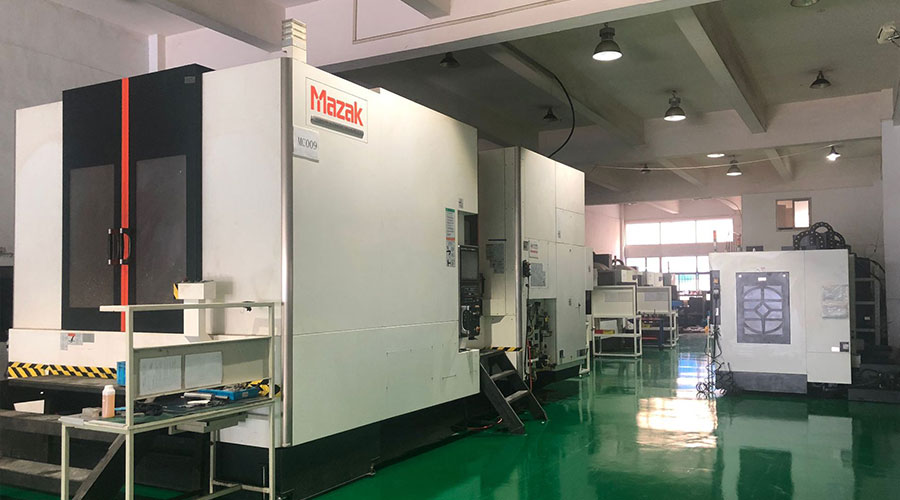 Sheet metal, beryllium, carbon steel, magnesium, 3D printing, precision CNC machining services for heavy equipment, construction, agriculture and hydraulic industries. Suitable for plastics and rare alloys machining. It can turn parts up to 15.7 inches in diameter. Processes include swiss machining,broaching, turning, milling, boring and threading. It also provides metal polishing, painting, surface grinding and shaft straightening services. The production range(include aluminum die casting and zinc die casting) is up to 50,000 pieces. Suitable for screw, coupling, bearing, pump, gearbox housing, drum dryer and rotary feed valve applications.PTJ will strategize with you to provide the most cost-effective services to help you reach your target,Welcome to Contact us ( [email protected] ) directly for your new project.
Sheet metal, beryllium, carbon steel, magnesium, 3D printing, precision CNC machining services for heavy equipment, construction, agriculture and hydraulic industries. Suitable for plastics and rare alloys machining. It can turn parts up to 15.7 inches in diameter. Processes include swiss machining,broaching, turning, milling, boring and threading. It also provides metal polishing, painting, surface grinding and shaft straightening services. The production range(include aluminum die casting and zinc die casting) is up to 50,000 pieces. Suitable for screw, coupling, bearing, pump, gearbox housing, drum dryer and rotary feed valve applications.PTJ will strategize with you to provide the most cost-effective services to help you reach your target,Welcome to Contact us ( [email protected] ) directly for your new project.
Link to this article:The composition of the die casting machine and the selection principle of the structure machine
Reprint Statement: If there are no special instructions, all articles on this site are original. Please indicate the source for reprinting.:Cnc Machining,Thank!^^

